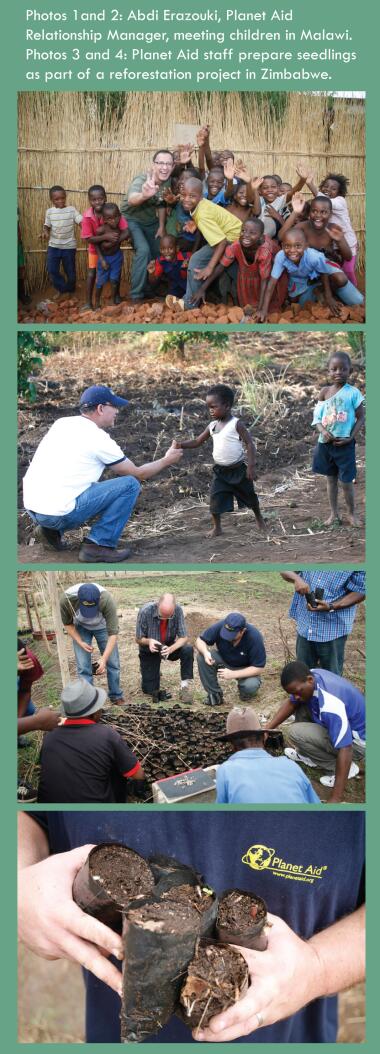Holy Mass Mobilization Batkid
Batkid captured the hearts of millions across the nation last year. Thanks to the Make-a-Wish Foundation, little Miles Scott—an adorable 5-year-old boy recovering from leukemia—played batkid for a day on the streets of San Francisco, and the nation cheered him on.
Batkid tapped into our charitable natures and rallied our hearts. His courage mobilized thousands to volunteer or otherwise support his cause. President Obama and other pols across the political spectrum lent voices of support, and wealthy philanthropists opened their wallets to donate.
We need batkid-like moments to help kindle our spirit and reconnect us with what is true and good. Unfortunately, such moments are all too rare. The hustle of modern life limits our attention and can dull our ability to empathize. Those in need—the sick, the poor, the destitute—can often become a distant abstraction, a collection of anonymous sad faces on a brochure or poster.
Miles Scott is but one child. So what of the millions of others in need? In a recent op-ed in the Washington Post, entitled "Heartwarming Causes are Nice, but Let's Give to Charity with Our Heads," Princeton bioethicist Peter Singer examines this question. He points out that batkid demonstrated what psychological research has long supported, namely: that people strongly identify with the plight of a single individual rather than anonymous masses. In other words, unknown children without names or stories just don't grab our emotions like a kid with leukemia on TV.
At the same time, Singer cites additional research that indicates Americans are truly eager to address issues such as global poverty. However, doubts about efficacy of the programs that help the poor as well as a lack of connection with those being helped has discouraged many from getting behind efforts to do more social good in the world. Americans want to identify with an actual person being helped and they want to know their contribution can actually make a difference.
Business Gives from the Heart for a Heart
Some business leaders are responding to the challenge of making charitable giving more personal and meaningful. For example, Texas company Software Advice teamed up with HeartGift Foundation to bring a Nigerian girl to the United States to obtain lifesaving heart surgery. Employees at Software Advice were touched by this little girl's plight and were mobilized to help, donating close to $30,000 and volunteering their time to visit and support the young girl and her mother at the hospital and in recovery.
—Software Advice Founder Don Fornes
We applaud the work of Software Advice. At Planet Aid, our employees also have had the opportunity to see how our work touches the lives of real people. We recently sent staff to Malawi and Zimbabwe to meet the beneficiaries of the programs we support. "It was a real eye opener," said Abdi Erazouki, Planet Aid Relationship Manager, who was among the group visiting projects in Africa. "They were so excited to see and meet us. It encouraged us to work hard for them when we returned."
Back home in the States, our employees find extra meaning by helping local charities, where they can connect with individuals in need. In Los Angeles, our staff helped the LAPD deliver toys at Christmas and recently helped feed the homeless. For more examples of what we do visit our local pages as well our project pages.

